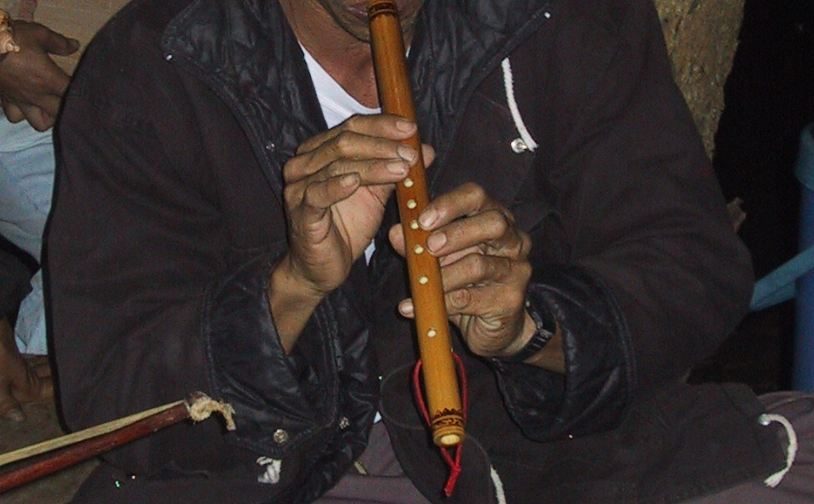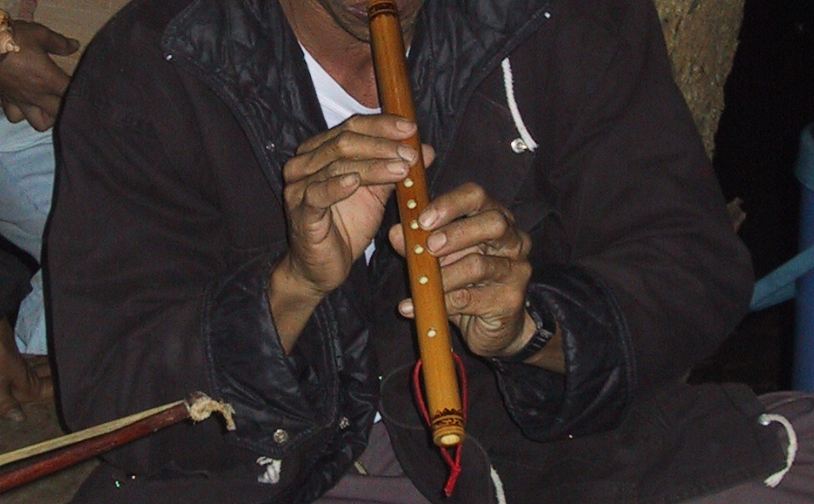In recent discussions of rural development policy in Thailand there is, quite rightly, an emphasis on issues of debt and savings. One aspect of local household economy that has intrigued me is the financial impact of funeral expenses. Funerals in rural Thailand (and elsewhere) are a big deal and are often spoken of in terms of their demonstration of social connections and social status. I recently spoke to one farmer who had staged a very modest funeral for his mother. The overall cost was around 85,000 baht. I don’t have a detailed picture of his (modest!) finances but I would be surprised if this represented less than 3 years income from his cash cropping activities (his primary source of income). There are other cases that I know of where funeral expenses have been an important cause of household indebtedness and I suspect that this issue became more pressing during the 1990s with the peak in “unexpected” AIDS related deaths.
Given the financial burden that funerals can represent, it is not surprising that various arrangements have been put in place to defray some of the expenses. Of course, one of the most common funeral “savings” schemes is the system of donations made by those attending. These donations can provide for a substantial proportion of the expenses, especially when there are relatively affluent donors who can “host” the provision of food on one of the days preceding the cremation. Funeral donations are, in a sense, a form of saving as they are made in the confidence that they will be reciprocated when the time comes.
And there are other, rather more formal, schemes. During my recent visit to Thailand I attended a meeting of a locally organised “welfare” group. The main purpose of the group was to provide money for funeral expenses. In all there were over 300 members. Whenever someone in the immediate family of a member died all members contributed 30 baht to help cover funeral expenses. Members were distributed over several villagers, so there was a system of locally based committee members who could quickly collect the money when a death was announced. The meeting, a rather formal affair run by one of the village headmen, endorsed a new committee and discussed various aspects of the rules (“what happens if my son brings his wife to live with us – is she covered?”).
I am aware that there are various other funeral “savings” or “insurance” schemes run by cooperatives, banks and other agencies. I would welcome any information New Mandala readers have about these. It would be useful to document some of the ways in which rural people make provision for substantial expenses. They are not all running around getting themselves into debt on mobile phones and motorbikes!
 Facebook
Facebook  Twitter
Twitter  Soundcloud
Soundcloud  Youtube
Youtube  Rss
Rss 
